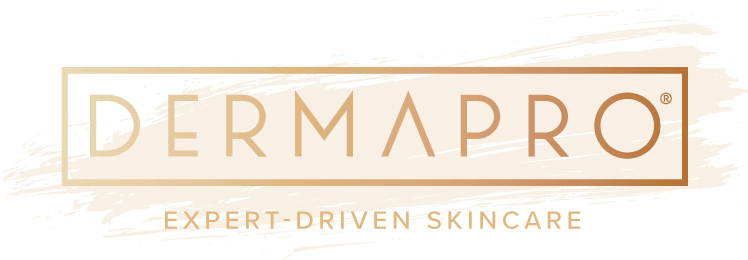Everything You Need to Know About Niacinamide,
A Skincare Game Changer
There is always a new "it" ingredient in the skincare world. Recently Niacinamide has been in the spotlight. Niacinamide is a form of vitamin B3, and it has been a hot commodity in the skincare community for decades. Lately, though, it's been popping up all over social platforms. We see this desirable skincare ingredient as a trend on Instagram, TikTok, and Pinterest.
But you're not alone if you're not quite sure how it's benefiting your skin. Here's what you should know before adding it to your skincare routine.
What exactly is Niacinamide?
Niacinamide is one of two primary forms of vitamin B3 (niacin) found in supplements (the other is nicotinic acid). It's often promoted to help manage sensitive skin or rosacea, acne, pigmentation issues, and fine lines. Let's dig in and learn more about Niacinicide and the truths behind those claims.
What does Niacinamide do for the skin?
Depending on how you apply it, niacinamide can have multiple functions. When niacinamide is applied topically, it decreases transepidermal water loss to replenish the skin's moisture. It also helps boost collagen production slowly, reducing the look of fine lines, pores, and wrinkles.
The anti-inflammatory properties and the ability to control sebum production help reduce the severity of acne and breakouts. Finally, it helps minimize any visible signs of hyperpigmentation by blocking pigment transfer to your skin's surface.
If we can perfect every part of the cellular process in our body with vitamin supplements, there wouldn't be a need for antibiotics or radiation therapy. That said, oral and topical niacinamide may have some actual benefits for skin health.
Other benefits of niacinamide
- Immunity. Niacinamide helps build keratin, a type of protein that keeps your skin firm and healthy.
- Treats acne. Severe acne, especially inflammatory forms, can be treated by niacinamide. Over time, you may see fewer acne scars and improved skin texture.
- Reduces redness and blotchiness. Niacinamide reduces inflammation, which may help ease redness from eczema, acne, and other inflammatory skin conditions.
- Regulates oil. Niacinimide prevents the sebaceous glands from over-producing.
- Minimizes pore appearance. Keeping skin smooth and moisturized may have a secondary benefit — it may reduce pore size over time.
- Lipid barrier. Niacinamide can help retain moisture to the skin by helping your skin grow a ceramide barrier. This can benefit all skin types, especially if you have eczema or mature skin.
- Protects against sun damage. Niacinamide can concurrently rebuild healthy skin cells while also saving them from damage caused by ultraviolet rays.
- Treats hyperpigmentation. Experts have found 5 percent niacinamide concentrations can help lighten dark spots. This result may be due to increased collagen production.
- Minimizes fine lines and wrinkles. Research has also found that the same concentration helped reduce some signs of sun damage that come with aging.
- Protects against oxidative stress. Niacinamide helps build cells in the skin while also saving them from environmental stresses, such as sunlight, pollution, and toxins.






